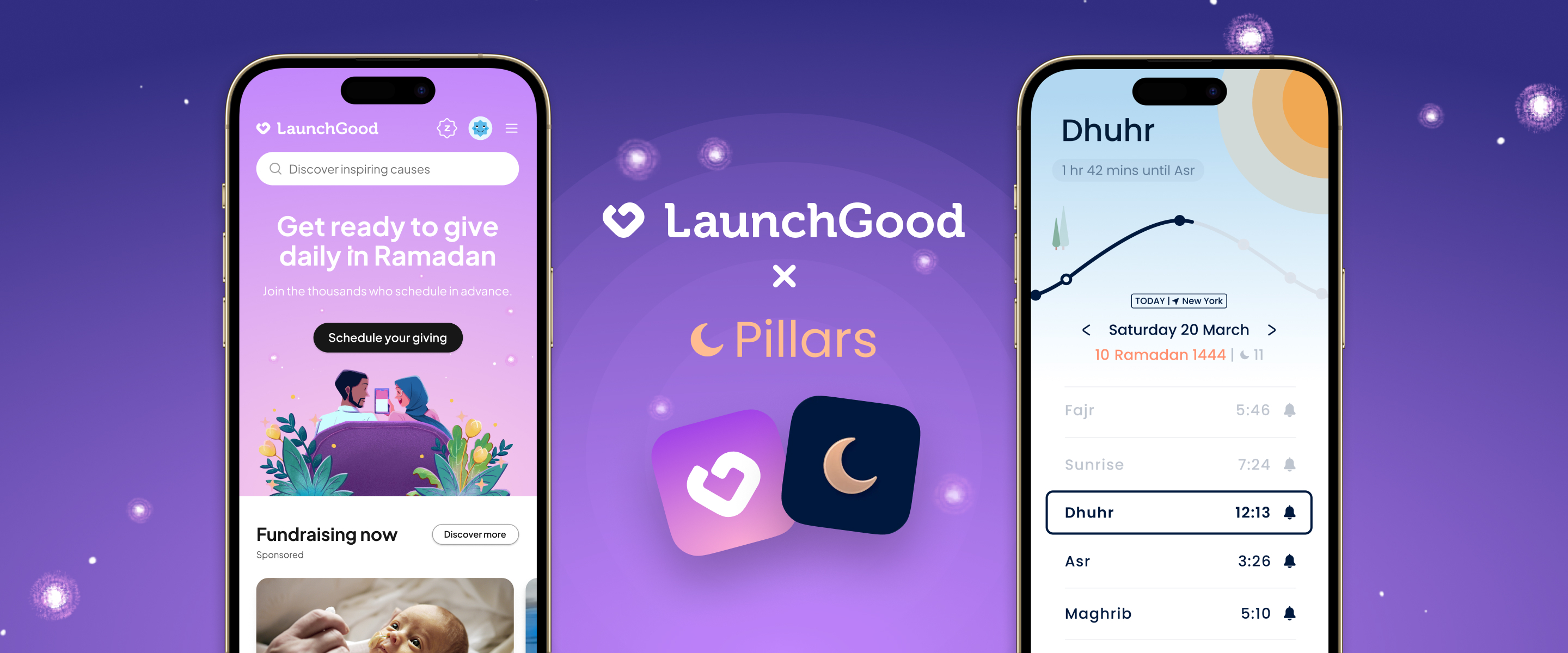This article is referenced by Young Muslims - Muslim Youth Issues: Addressing Mental Health
Young Muslims (YM) is the largest Muslim youth organization in North America, dedicated to developing the next generation of proactive American Muslims. The organization aims to empower Muslim youth through companionship, mentorship, education, and service, contributing to society with God-consciousness and a firm understanding of their Muslim identity.
The mental health crisis among American Muslim youth has been significant, with 15.08% experiencing a major depressive episode in the past year and over 60% not receiving any mental health treatment. The mental health crisis is exacerbated by geopolitical circumstances and cultural norms within America, forcing young Muslims to face challenges that others do not face.
YM Implementing the Muslim Youth Issues
Addressing Mental Health initiatives to understand the prevalence and severity of mental health and well-being struggles in their communities, identify barriers in seeking help, and develop and provide an encompassing toolkit specifically for Muslim American youth to aid in mental health struggles. A study was conducted via an online survey through Qualtrics, targeting Muslim-American youth aged 13 to 25. The sample consisted of 56.6% males and 43.4% females, with a majority attending university or public high schools. The majority of the sample were South Asians, followed by Arabs/Middle Eastern individuals, and were single.
The study aimed to prepare Muslim youth and community leaders with the necessary knowledge, tools, resources, and skills to help themselves, their fellow Muslim youth, and their communities with overcoming mental health struggles. The study highlights the importance of religion and relationships in mental health outcomes for Muslim youth during the COVID-19 pandemic. The majority of Muslim youth reported high levels of depressive and anxiety symptoms, with over 40% at risk for these disorders. Stronger peer and parental relationships were found to be more religious and have better mental health. Sleep quality was also found to be associated with lower rates of anxiety and depression and higher rates of well-being.
YM Mental Health Survey: Impact of Religiosity on Mental Well-being and Behavior Among American Muslim Youth
Religiosity was found to be positively associated with better sleep quality, peer relationships, maternal relationships, paternal relationships, adaptive general coping, and well-being. Depression was negatively associated with positive religious coping, sleep, peer relationships, maternal relationships, paternal relationships, and adaptive general coping. Well-being was positively associated with sleep, peer relationships, maternal relationships, paternal relationships, positive religious coping, adaptive general coping, and religiosity. Substance abuse was found to be positively associated with depression and negative religious coping. However, only 4% of Muslim youth reported ever trying alcohol, 11% tried marijuana, and 22% reported vaping.
The YM Mental Health Survey aimed to understand the mental health struggles of American Muslim youth. The results highlight the need for additional mental health and wellness resources for the youth. Religion is shown to be a protective factor against depression, anxiety, uncertainty, intolerance, and negative religious coping. To improve mental health, increasing general religiosity and implementing Islamic practices and rituals should be prioritized.
Depressive and anxiety symptoms were also found to be influenced by uncertainty intolerance, negative religious coping, poor sleep, and poor well-being. To improve sleep hygiene, ensure a perfect sleep environment, maintain a regular sleeping schedule, and perform progressive muscle relaxation techniques. Relationships with peers and parents were also important for mental health and well-being. Strengthening current bonds and building quality relationships can improve life and support systems. A safe home and collaboration between masjids and nonprofits can help parents build strong relationships with their children.

Including Islamic Perspectives into Mental Health for Muslim Youth
Spiritual advice for mental health is essential, as it is often promoted by celebrities and athletes, but lacks an Islamic perspective and values. Muslims know the importance of turning to Allah (SWT) and having taqwa (being God-conscious and knowing that Allah is present with them even though they can not see him). The goal is to incorporate an Islamic context into mental health advocacy and teach Muslim youth about maintaining their mental health.
Mental health is an essential aspect of Islam, as demonstrated by the life of Prophet Muhammad (PBUH). The Prophet faced numerous challenges, including the death of his wife Khadijah, father figure Abū Ṭālib, and the death of almost all of his children, while spreading the message of Islam. Allah (SWT) also speaks of mental health in the Quran, instructing the Prophet to seek help through patience and prayer.
To deal with mental health issues, Muslims can seek help from Allah (SWT), read/listen to the Quran, and seek expert help when needed. Resources such as the Institute for Muslim Mental Health can help support mental health. It is important to not keep mental health difficulties bottled up, talk to trusted individuals, keep good company, and not lose hope.
Mental health is as crucial to one's life as physical and spiritual health, and all three are needed to function at their optimal states and be the best Muslims. Supporting mental health in Muslim youth is crucial, including providing additional mentoring, and counselling services, and decreasing stigma around mental health. Young Muslims should reach out to trusted individuals if they struggle with their mental health, as seeking Allah's help and guidance is only part of the solution.
Find the full paper here.
Topics you might be interested in:
Ramadan Fundraising: Motivation, Social Media Strategies, and Leveraging Zakat
6 Essential Strategies for Maximizing Ramadan Fundraising on LaunchGood
Unveiling the Power of Ramadan Fundraising with LaunchGood: A Journey of Impact
Content creator




